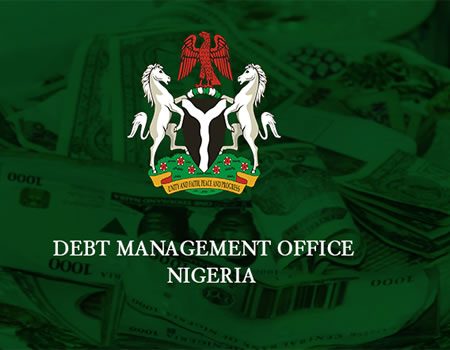This is even as dealers have said there will be Treasury Bills maturity of 91-day and 182-day worth N62.4billion which would be offset by a rollover of the same amount while an Open Market Operation (OMO) maturity of N168.1billion is also expected to hit the system (totaling N230.5bn inflow).
“We believe this will impact liquidity dynamics a great deal but we are of the view that the aggressive liquidity mop-up signal of the CBN should keep OBB and OVN rates in check,” one dealer said.
Briefing newsmen in Lagos on Friday, Director-General, Debt Management Office (DMO), Patience Oniha said the Eurobond comes with the benefit of longer tenor and lower cost.
She was also optimistic that the instrument will increase the nation’s external reserves because when the dollar proceeds come, it goes straight to the Central Bank as banker to the Federal Government. The apex bank will then give out Naira equivalent in order to redeem the treasury bills.
Her words: “Treasury Bills are issued for a tenor of 364 days maximum, and the discount rate is about 18 per cent to government. When you compare that with the rate of six to seven per cent of borrowing in the international market, you realise straightaway that there is a huge savings of 11 to 12 per cent. That is what we are trying to take advantage of.”
Nigeria plans to refinance $3 billion worth of maturing naira-denominated short-term treasury bills with dollar borrowing of up to three years’ maturity, to lower costs and improve its debt position as the economy recovers from a recession.
Oniha noted that the government is aiming to borrow less in naira and more in foreign currency. She said the government could borrow at a cost of seven per cent overseas, roughly half the interest rate it currently pays locally.
WATCH TOP VIDEOS FROM NIGERIAN TRIBUNE TV
- Relationship Hangout: Public vs Private Proposals – Which Truly Wins in Love?
- “No” Is a Complete Sentence: Why You Should Stop Feeling Guilty
- Relationship Hangout: Friendship Talk 2025 – How to Be a Good Friend & Big Questions on Friendship
- Police Overpower Armed Robbers in Ibadan After Fierce Struggle





